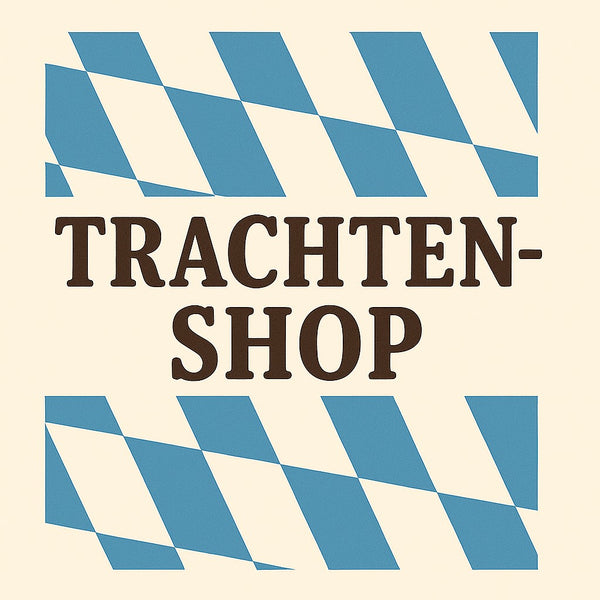Economic impact of Oktoberfest: millions in lederhosen
Munich's Oktoberfest is world-famous for its beer steins, traditional lederhosen and dirndls, and exuberant atmosphere. But behind this festive facade lies an impressive economic machine. Every year, Oktoberfest generates not only joy but also billions of euros for Germany. In this blog post, we delve into the economic impact of Oktoberfest—from beer sales to employment—and how the event has grown into a vital part of the German economy.
A billion-dollar event: the numbers behind the party
According to the city of Munich, the total economic impact of Oktoberfest in 2023 will be over €1.23 billion. This includes expenditures on hotels, transportation, restaurants, souvenirs, traditional clothing, and of course: beer. Every year, around 6 million visitors flock to Theresienwiese, the official Oktoberfest grounds. The average visitor spends between €80 and €100 per day.
Who benefits from Oktoberfest?
The Oktoberfest is an economic engine for countless sectors:
- Hospitality: Hotels and restaurants in Munich are booked up months in advance. Hotel prices can triple during the festival.
- Breweries: Only beer from six traditional Munich breweries is permitted at Oktoberfest. These breweries generate enormous revenue thanks to their specially brewed Oktoberfest beer.
- Retail: Sales of lederhosen, dirndls, hats, socks, and accessories peak in the weeks leading up to the event.
- Tourism: Guides, transport companies and tour operators profit handsomely from the millions of tourists who come to Germany especially for Oktoberfest.
Employment and temporary jobs
Oktoberfest also creates thousands of temporary jobs. In 2023, more than 13,000 people worked at the festival, from tent servers to cleaners, security guards, musicians, and technicians. For many, this temporary work is a welcome supplement to their income.
Sale of traditional clothing
Traditional Bavarian costumes are a staple at Oktoberfest. Sales of lederhosen and dirndls are increasing every year, and clothing stores, both brick-and-mortar and online, are seeing their sales skyrocket. Small businesses selling handmade accessories or leather belts are also benefiting from the increased demand.
International image as an export product
It's not just the German economy that benefits. Oktoberfest events are organized worldwide, often importing German products: beer, sausage, clothing, and even decorations. Oktoberfest has become a cultural export, contributing to the international visibility of German brands and crafts.
Ecological and logistical challenges
While the economic benefits are significant, Oktoberfest also presents challenges. These include waste management, safety, traffic congestion, and environmental impact. The city of Munich is trying to mitigate these impacts with more sustainable solutions, such as recyclable cups and energy-efficient lighting.
Conclusion
Oktoberfest isn't just a celebration for the people; it's also an economic highlight for Munich and far beyond. With billions of euros in spending, thousands of jobs, and global influence, Oktoberfest is a major economic driver in Germany. Whether you're enjoying a beer in a marquee or selling lederhosen online, the opportunities this cultural mega-event offers are enormous.
